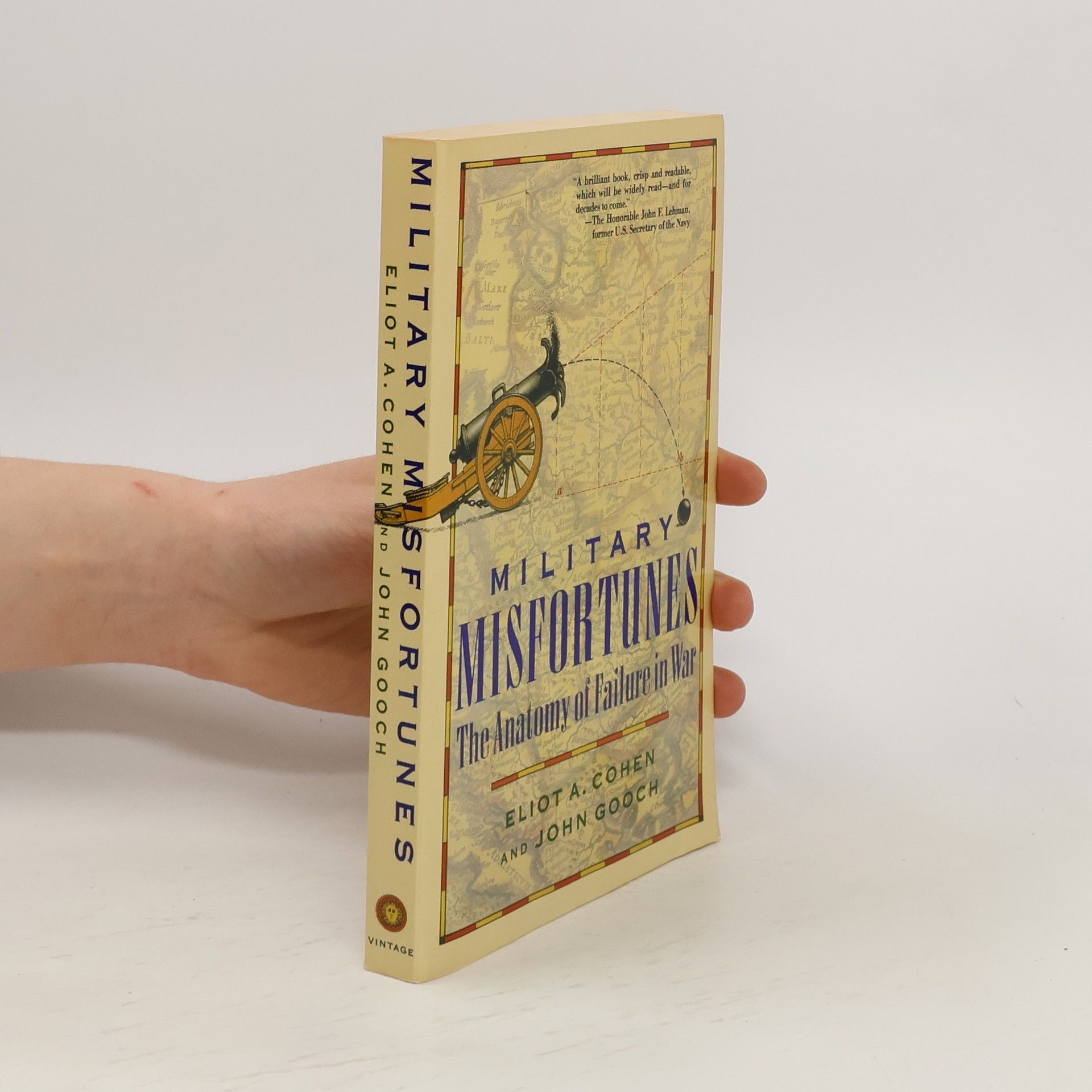Military Misfortunes
- 324bladzijden
- 12 uur lezen
Rejecting accepted theories for unexpected military disasters, the authors brilliantly analyze disasters of great magnitude. They assert that military misfortune turns not on individual or collective failure but is rooted in the nature of the complex interconnections between men, systems, and organizations.

